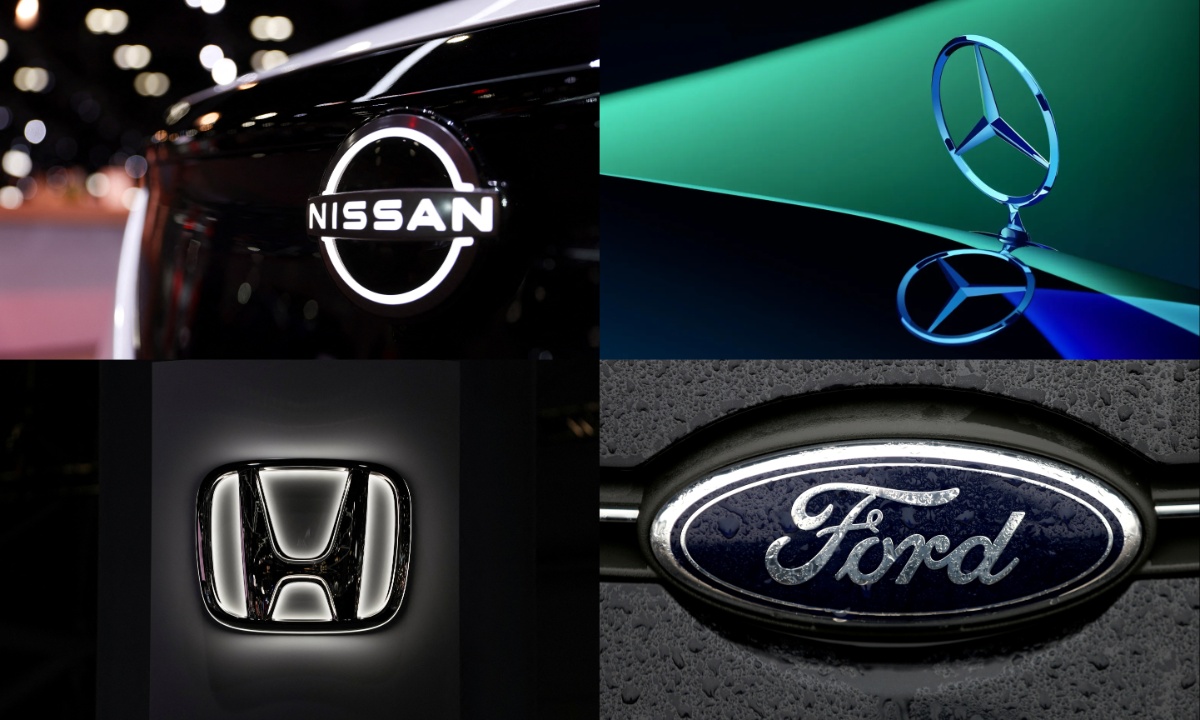The U.S. auto industry has experienced significant fluctuations over the past two decades. While car sales have rebounded from the recession lows of 2009, they remain below the peak numbers seen in 2001. With consumers keeping their vehicles longer and driving fewer miles, automakers face an increasing challenge in maintaining brand loyalty.
Despite these trends, some car manufacturers have managed to cultivate a strong base of returning customers. This article explores how leading brands like Lexus, Ford, Toyota, and others have fostered loyalty among car buyers in a rapidly evolving market.
1. Lexus: Resilient Through Crisis
Lexus, Toyota’s luxury division, has built a solid reputation for reliability, comfort, and performance. Despite Toyota’s recall crisis in 2009, Lexus owners remained steadfast in their loyalty. Sales remained stable even during difficult times and saw significant rebounds after the disruptions caused by Japan’s 2011 earthquake and tsunami.
The brand’s ability to recover quickly is attributed to its focus on high-quality engineering, luxurious features, and customer satisfaction. With models like the ES sedan, RX SUV, and sporty IS sedan, Lexus continues to attract repeat buyers, boasting a return customer rate of 34.1%.

2. Mercedes-Benz: The Prestige Factor
Mercedes-Benz has long been associated with luxury, prestige, and cutting-edge technology. While the German automaker competes closely with BMW in terms of market share, it edges ahead in customer loyalty with a return rate of 34.6%.
The brand’s strength lies in its ability to appeal to both high-end and mainstream luxury buyers. Models like the flagship S-Class and mid-range E-Class sedans dominate their respective segments, while the CLA-Class and a growing SUV lineup attract younger consumers. Mercedes-Benz maintains loyalty by continuously innovating and reinforcing its legacy of excellence.

3. Nissan: A Brand for the Bold
Nissan’s vehicle lineup is one of the most polarizing in the industry. While models like the Sentra and Altima appeal to mainstream buyers, others like the Juke, Cube, and Leaf cater to those seeking distinctive designs.
With a return customer rate of 34.7%, Nissan has successfully cultivated a niche market that appreciates its daring aesthetics and technological advancements. Despite its unconventional styling, the brand’s reputation for affordability and fuel efficiency keeps customers coming back.
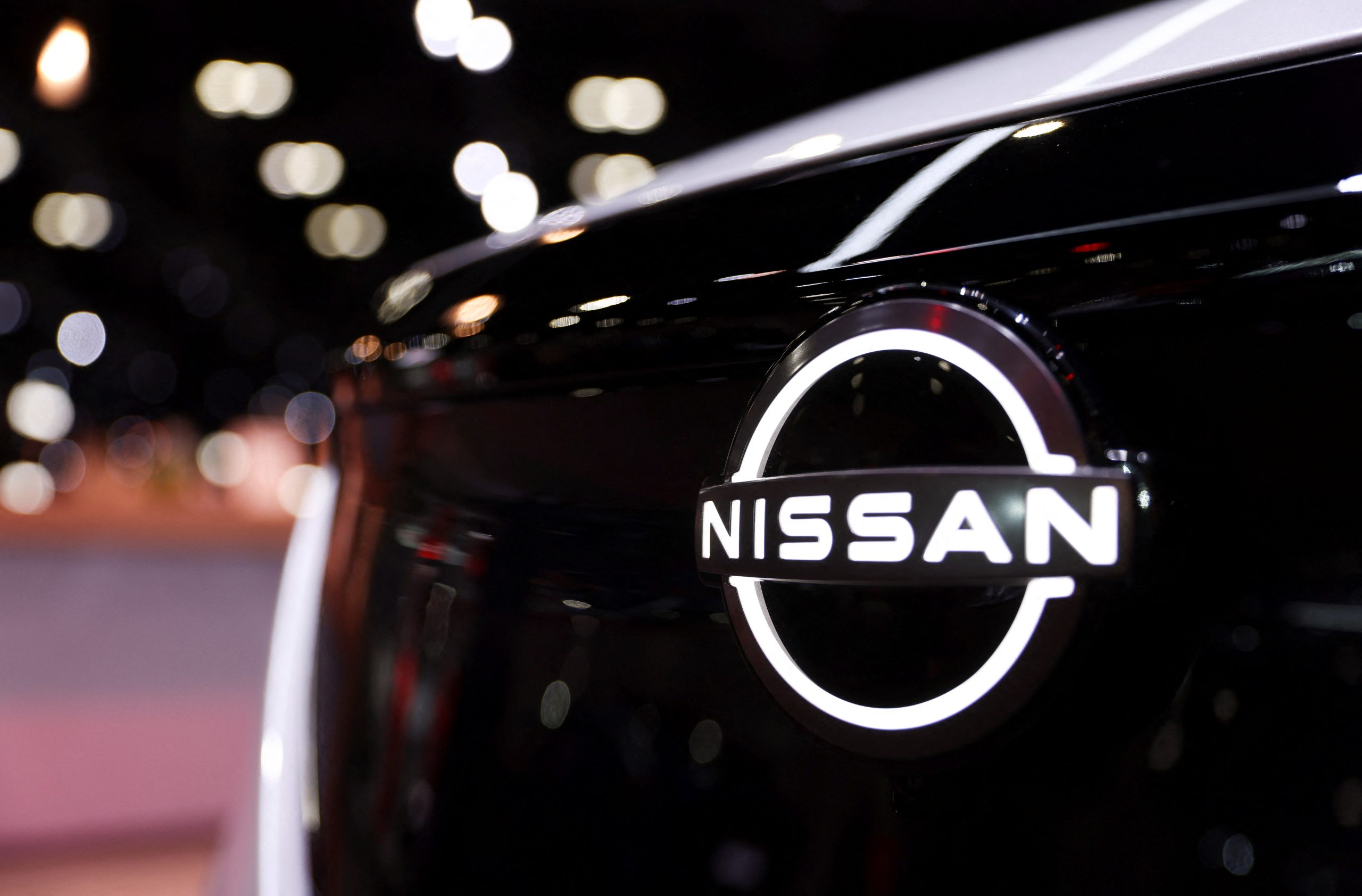
4. Subaru: Cultivating a Lifestyle Brand
Subaru’s customer loyalty stems from its unique positioning as a lifestyle brand. Known for its standard all-wheel drive and rugged reliability, Subaru attracts adventure-seekers, outdoor enthusiasts, and safety-conscious families.
The Legacy, Outback, and Forester have become staples in colder, more rugged regions of the U.S., where all-weather capability is a necessity. Subaru’s commitment to sustainability and community engagement further strengthens its bond with customers, contributing to a return rate of 35.7%.
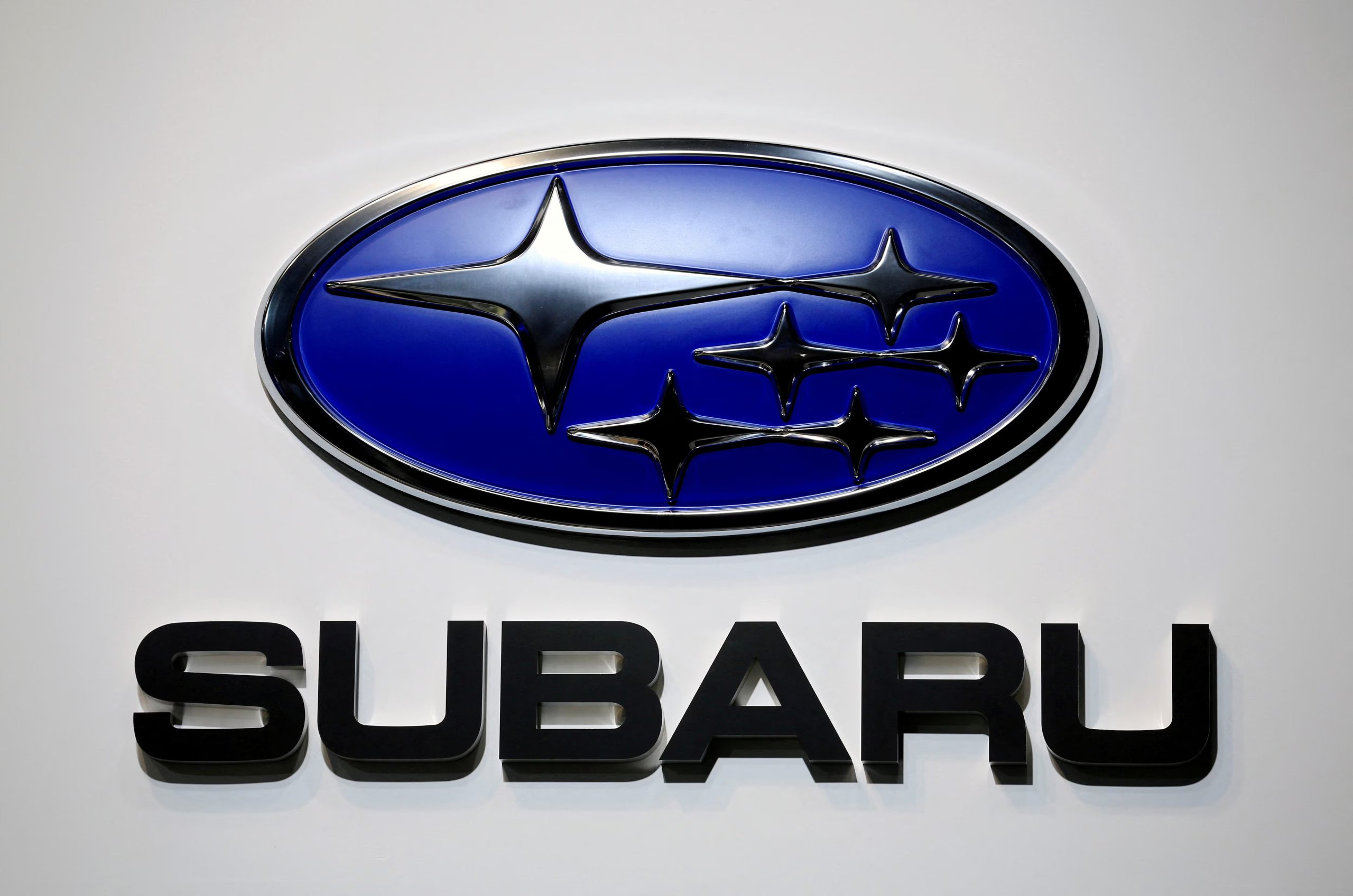
5. Chevrolet: The Heartbeat of America
Chevrolet has long been a cornerstone of the American auto industry, yet its customer loyalty ranks lower than expected at 38%. While its Silverado 1500 pickup truck remains one of the top-selling vehicles in the country, the brand has had to overcome negative perceptions tied to General Motors’ bankruptcy and government bailout.
Despite these hurdles, Chevrolet continues to attract loyal buyers with a diverse lineup that includes the Equinox SUV, Cruze sedan, and high-performance Camaro and Corvette models.
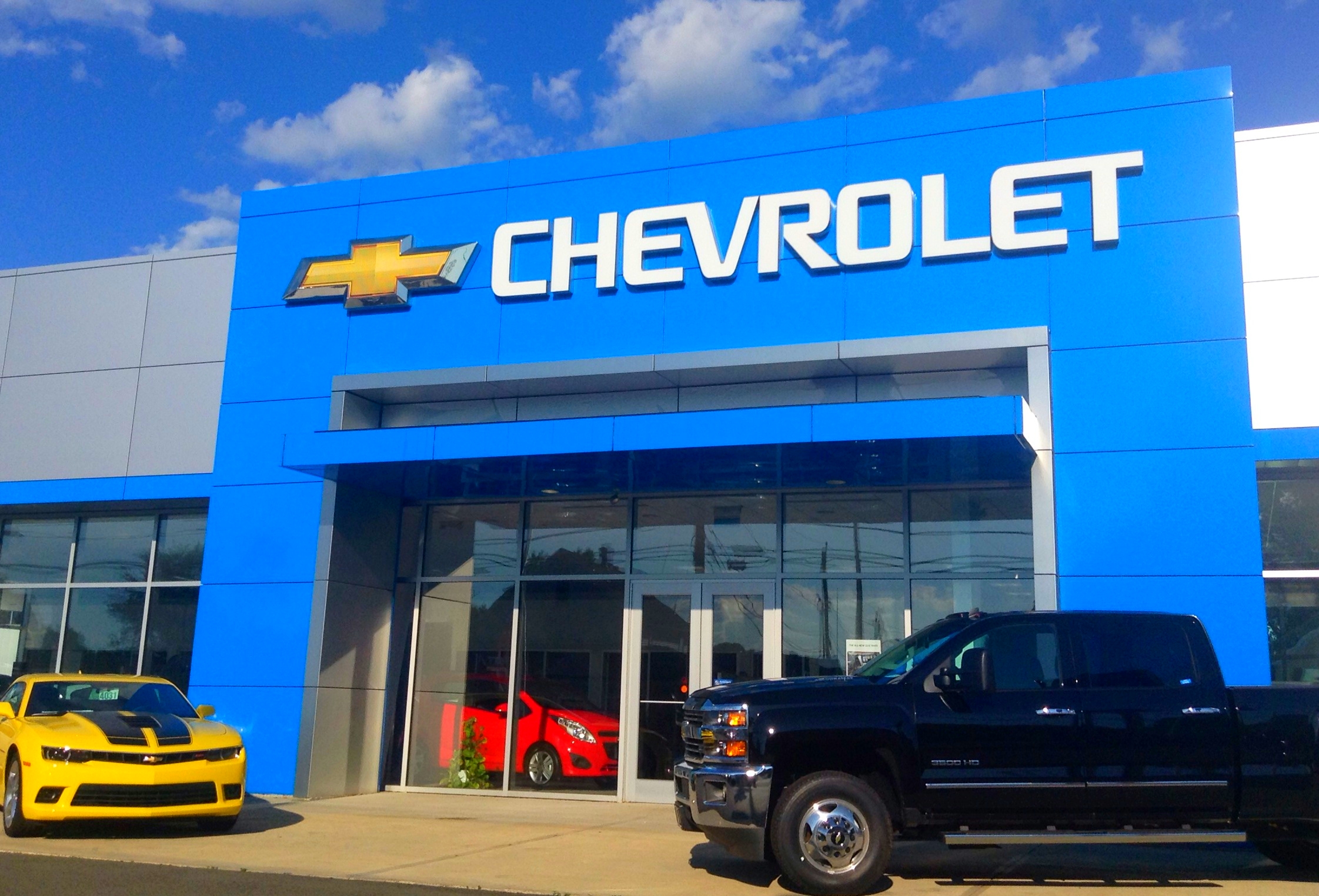
Also Read: 10 Best Performance Hatchbacks You Can Buy in 2025 for Speed, Style, and Practicality
6. Honda: A Legacy of Dependability
Honda’s reputation for reliability, efficiency, and resale value makes it one of the most trusted brands in the U.S. With a return customer rate of 38.1%, Honda consistently ranks among the best-selling car manufacturers.
The Accord and Civic dominate the midsize and compact sedan markets, respectively, while the CR-V remains one of the most popular small SUVs. Honda’s conservative yet effective approach to vehicle design, combined with strong resale value and low maintenance costs, ensures that customers keep returning.
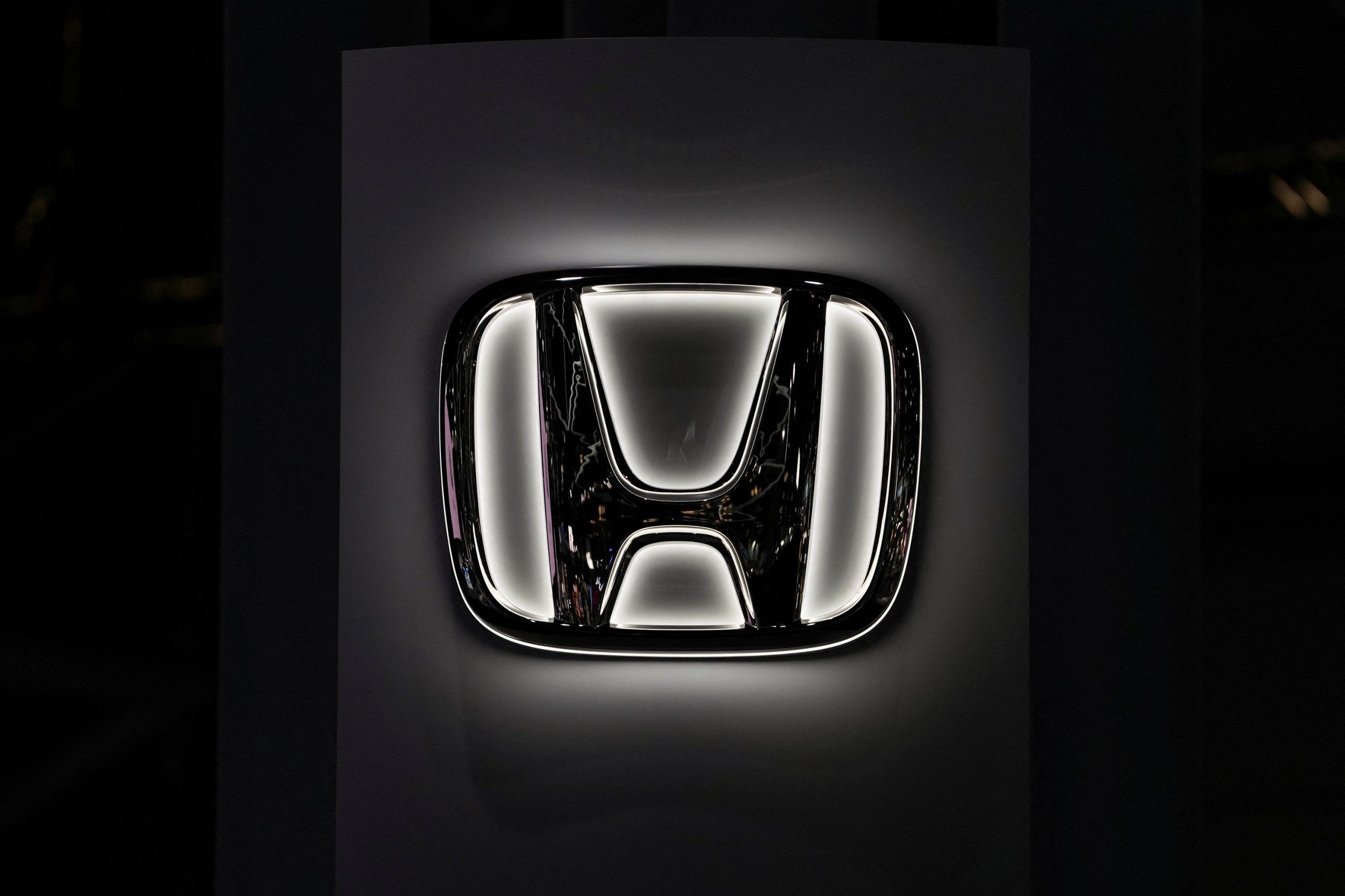
7. Hyundai: Winning Trust Through Value
Hyundai has transformed its image over the past two decades, shifting from a budget brand to a legitimate competitor in the mainstream market. The company’s 10-year, 100,000-mile warranty played a crucial role in winning over skeptical buyers during the 2008 recession.
Even after the economic downturn, Hyundai continued to prioritize customer confidence with strong resale value and innovative trade-in guarantees. Vehicles like the Sonata and Elantra have driven its loyalty rate to 38.6% by offering a compelling mix of affordability, technology, and reliability.
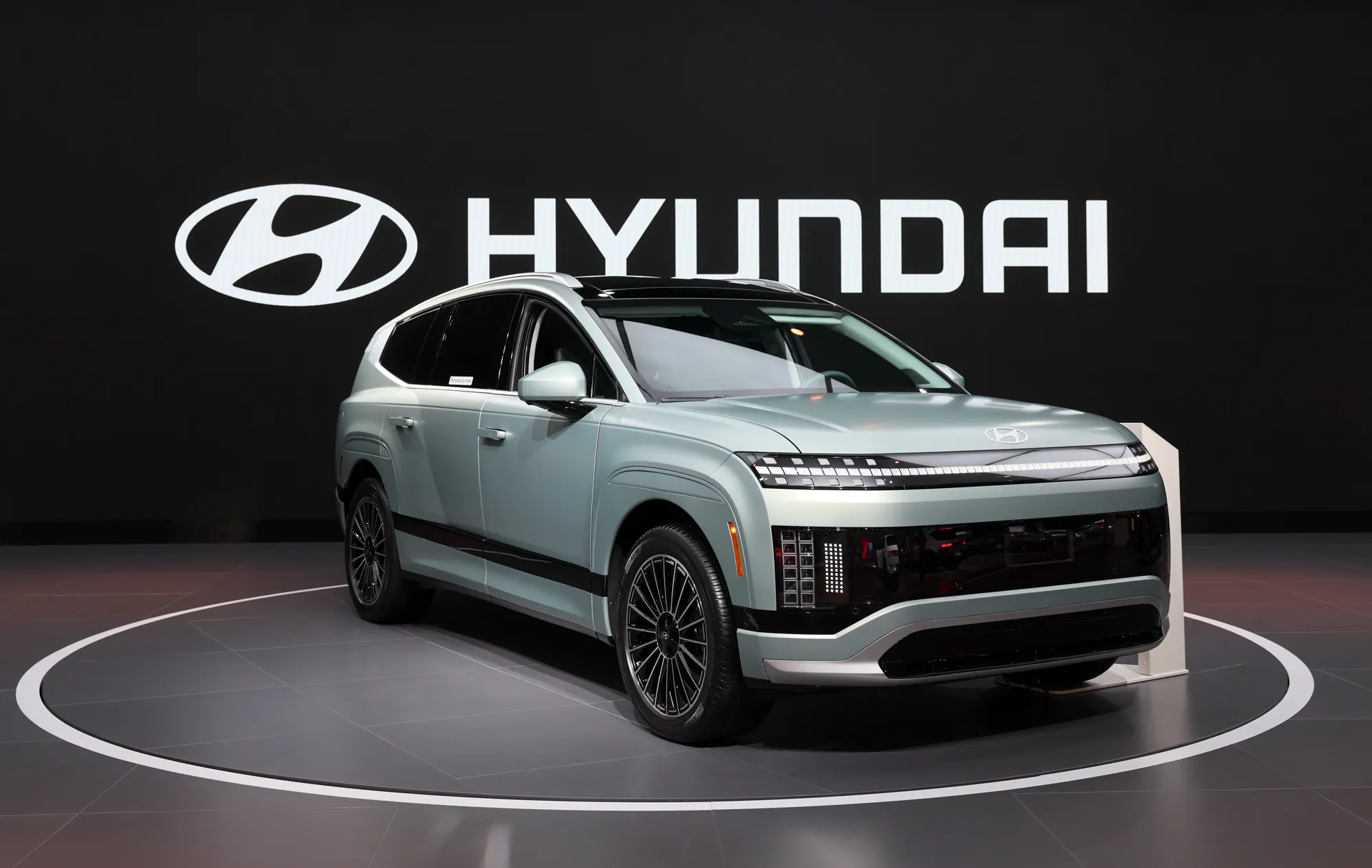
8. Kia: Affordable Innovation
As Hyundai’s sister company, Kia has leveraged affordability and reliability to build a strong customer base. Kia’s commitment to offering high-tech features at lower price points has made it particularly attractive to budget-conscious consumers.
With a return rate of 39.9%, Kia has become a leader in customer retention, especially in the compact sedan segment, where the Forte leads in repeat purchases. Additionally, models like the Soul, Optima, and Sorento continue to attract first-time buyers who often return for their next vehicle.
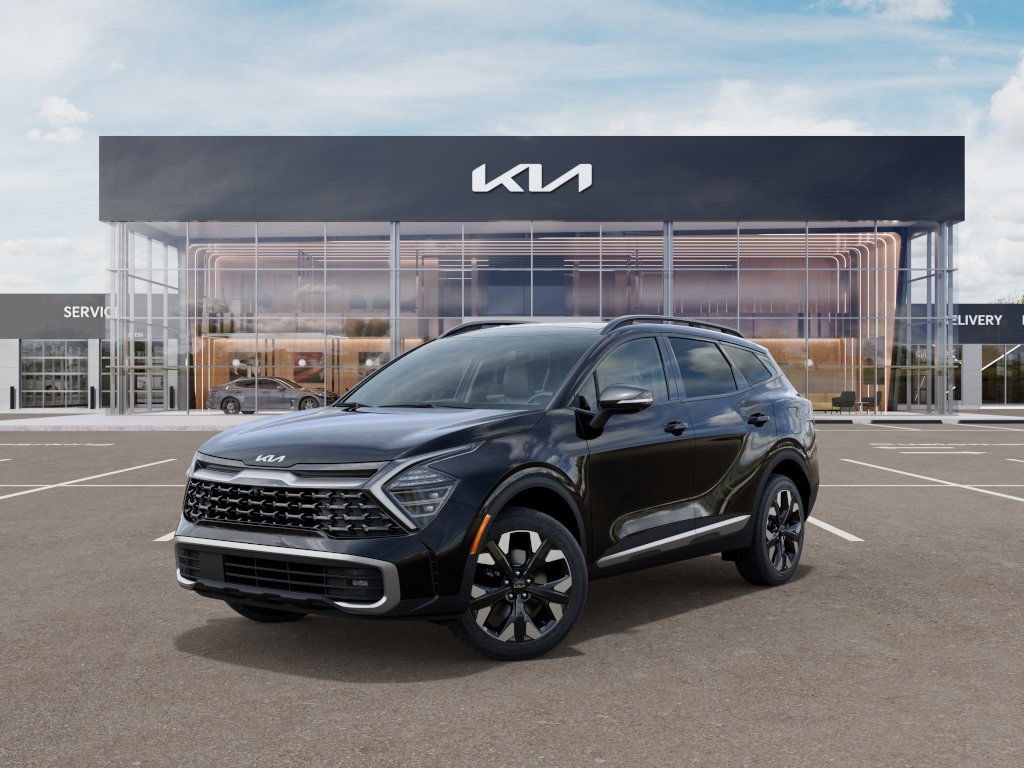
9. Toyota: The Benchmark for Reliability
Despite setbacks like massive recalls and production disruptions, Toyota remains one of the most trusted car brands in the world. Its reputation for reliability and fuel efficiency drives a remarkable return rate of 43.3%.
The Camry and Corolla continue to be the best-selling vehicles in their respective classes, while the Prius hybrid maintains its dominance in the green vehicle segment. Toyota’s commitment to quality and long-term dependability ensures that a significant portion of its buyers stay loyal for life.
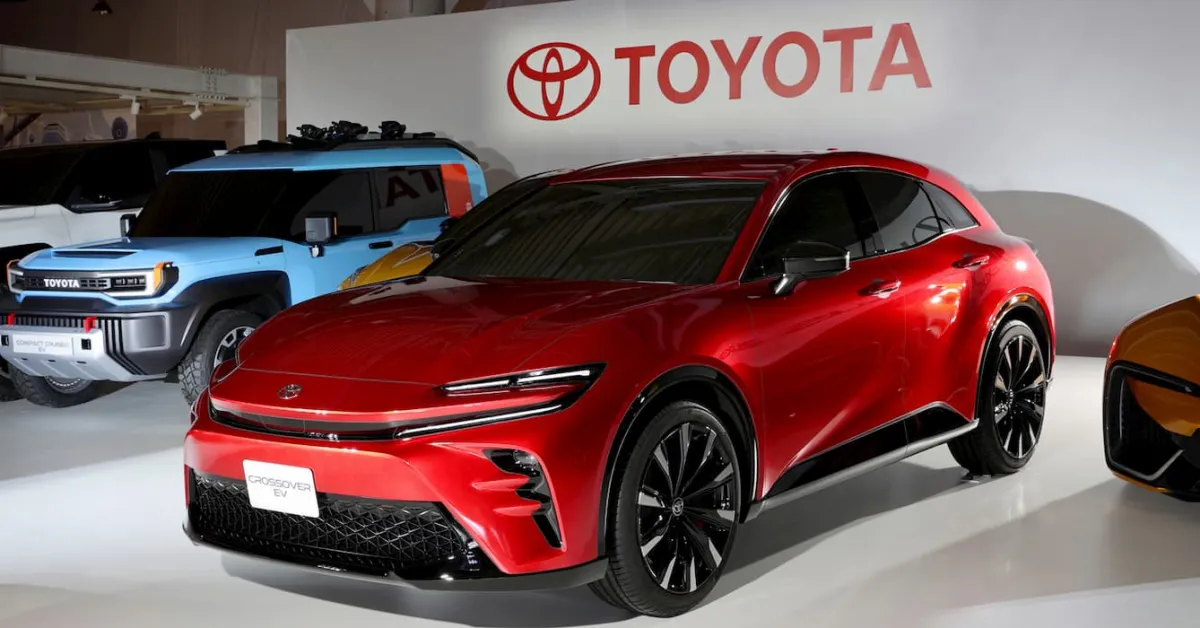
10. Ford: America’s Favorite Brand
Ford leads the pack in customer loyalty, with an impressive return rate of 44.1%. The F-150 alone accounts for a massive share of Ford’s success, consistently ranking as the best-selling vehicle in the U.S. The brand’s ability to navigate economic downturns without requiring a government bailout further solidified consumer trust.
Beyond trucks, models like the Fusion, Escape, and Focus also contribute to Ford’s dominance in customer retention. The combination of strong brand heritage, reliability, and performance keeps Ford at the forefront of consumer loyalty.
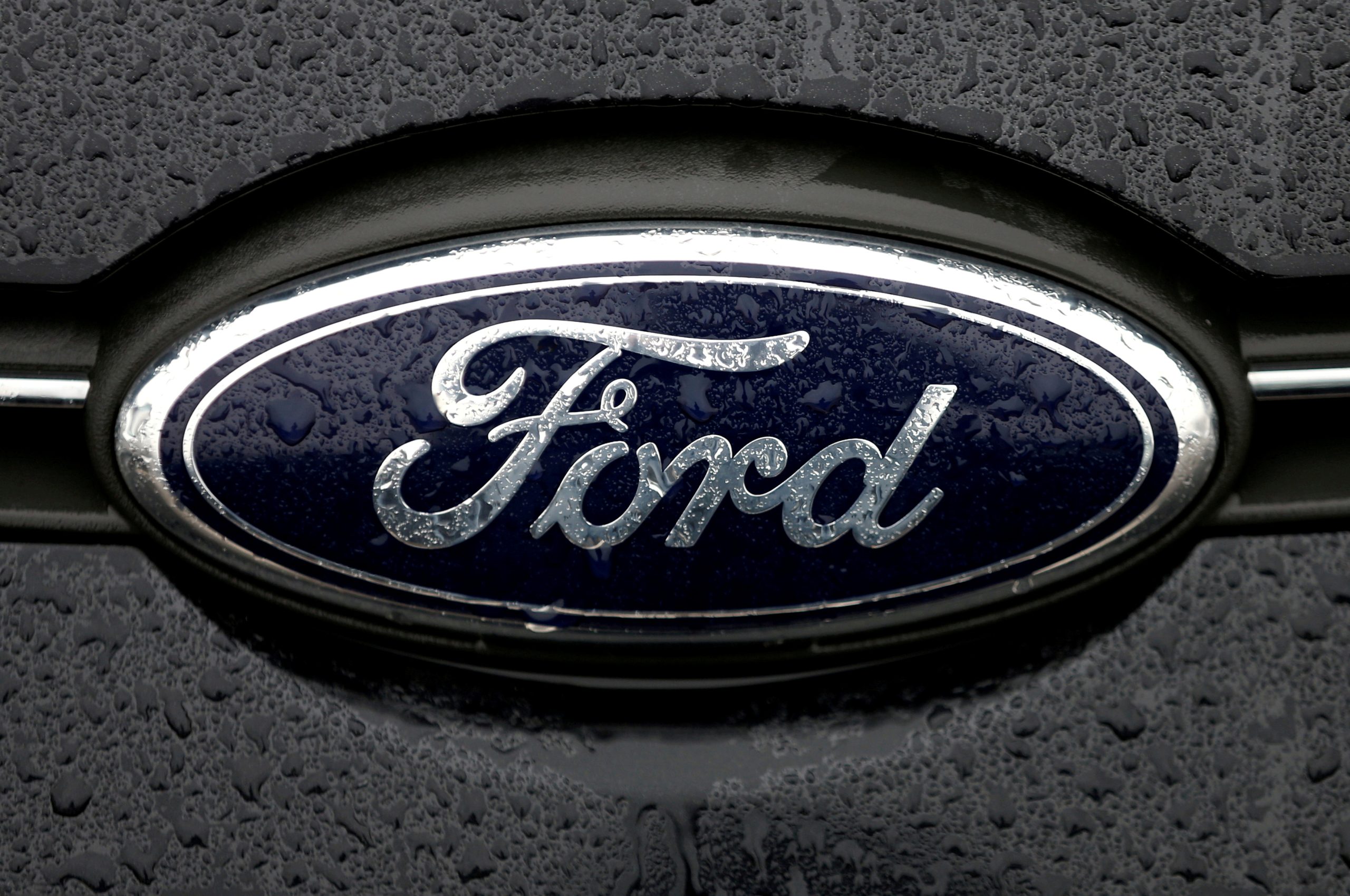
In a market where consumers are keeping their vehicles longer and driving less, automakers must work harder to maintain brand loyalty. The companies that succeed in this endeavor, such as Ford, Toyota, and Honda, have built their reputations on reliability, value, and strong customer service.
Others, like Subaru and Lexus, have cultivated niche followings that keep buyers engaged. As the automotive industry continues to evolve with the rise of electric and autonomous vehicles, maintaining customer trust will be more critical than ever. Those brands that adapt while staying true to their core values will continue to enjoy the benefits of strong customer loyalty.
Also Read: 10 Best Off-Road SUVs for Extreme Adventure and Performance in 2025

